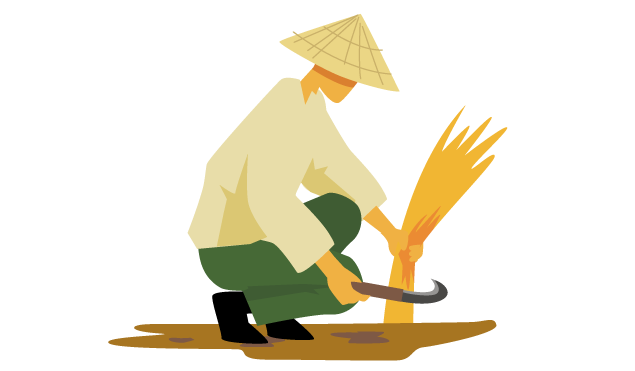Alcoholic Fermentation
Alcoholic fermentation requires sugar and yeast. The yeast converts sugar into alcohol and carbon dioxide.
Japan Sake and Shochu Makers Association | JSS
Sake is an alcoholic beverage made from rice, koji, and water. Like wine and beer, producing sake requires fermenting the ingredients. On the contrary to what many people may believe, it is not a distilled spirit. The method of making sake may share similar processes to wine and beer making, yet making sake uses a more complicated method that is completely unique to the beverage.

Alcoholic fermentation requires sugar and yeast. The yeast converts sugar into alcohol and carbon dioxide.
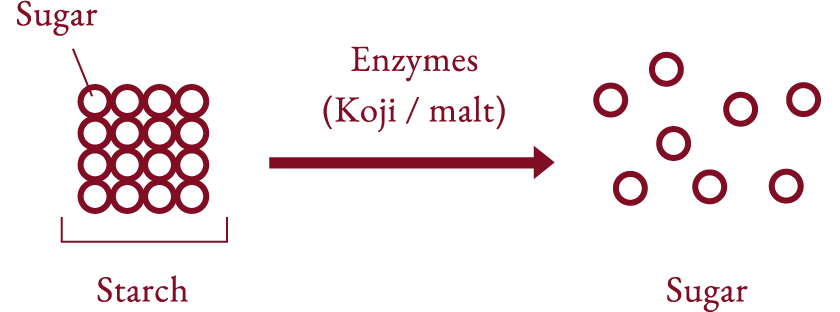
When making alcohol from grain, it is necessary to break down the starch in the grain into sugar first. This process is called saccharification, and enzymes of koji-fungus take care of it in the sake production. For beer, this is done by an enzyme that activates during germination (malting). Saccharification is not necessary for wine, as grape juice already contains a lot of sugar.
What is truly unique about sake brewing is that the process of saccharification (breaking down of starch into sugar) occurs simultaneously with the alcoholic fermentation (converting sugar into alcohol) in the mash. This type of brewing technique called multiple parallel fermentation, is not found in any other alcoholic beverage. It requires highly trained skills, experience, and knowledge for a successful outcome.
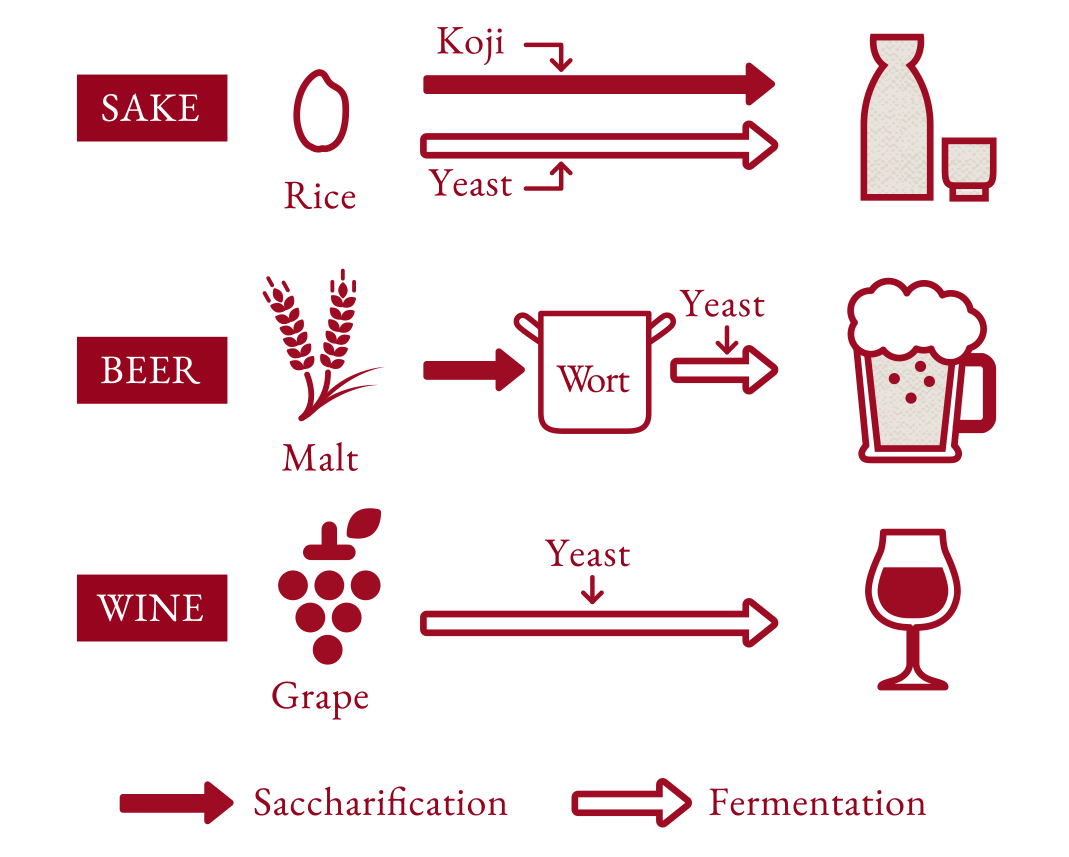

Many factors affect the flavor of sake such as the hardness of water, the rice variety and milling rate, as well as the koji and yeast. Even the temperature during fermentation and the processes after pressing sake play an integral part. For more about what produces different flavors, read the sake brewing process page.
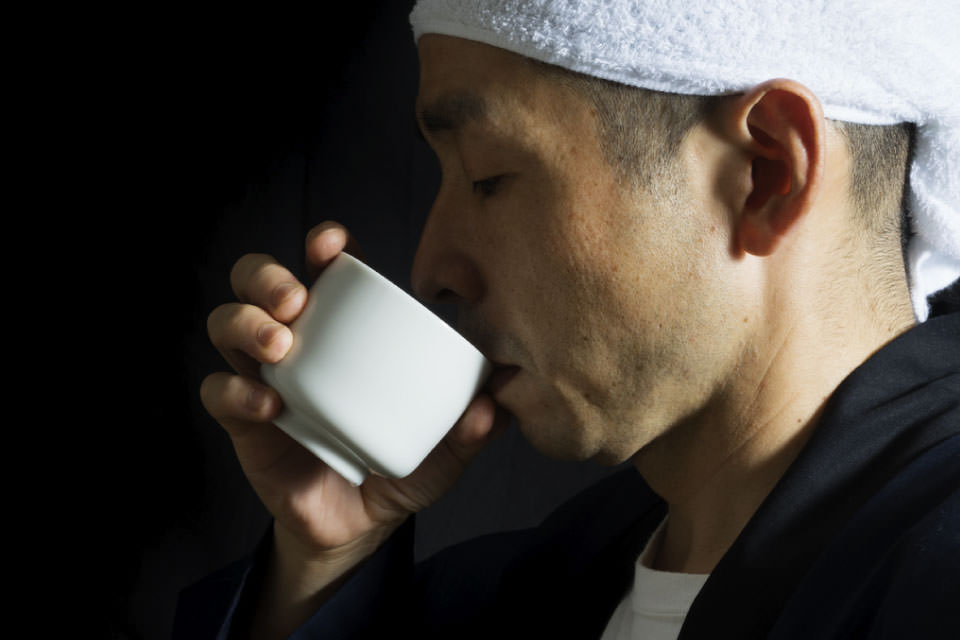
The rice is sown around April, then planted in a rice paddy around May. The brewing season from the previous winter ends by June.

The rice continues to grow. In late August, the rice flowers bloom and the rice grains become fuller.

Sake is brewed throughout winter. The manufacturing of top-quality sake often occurs during the coldest months of late January.
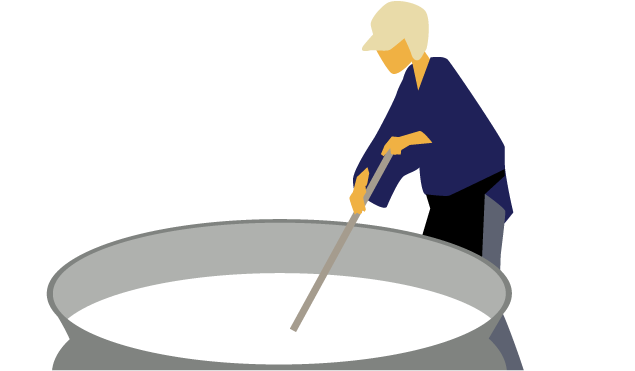
The rice is harvested and dried in the sun for a few weeks (or with a dryer) before milling. A new brewing season begins.
